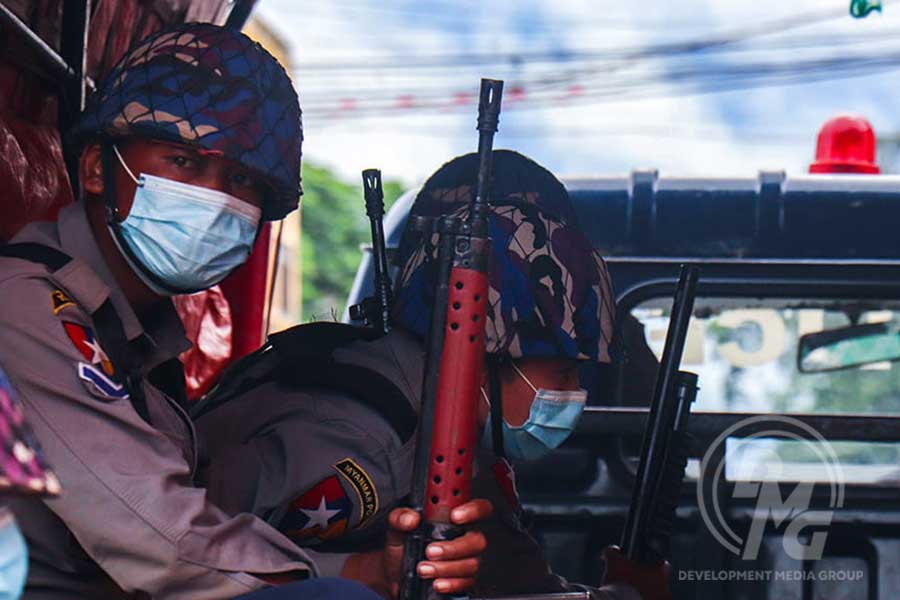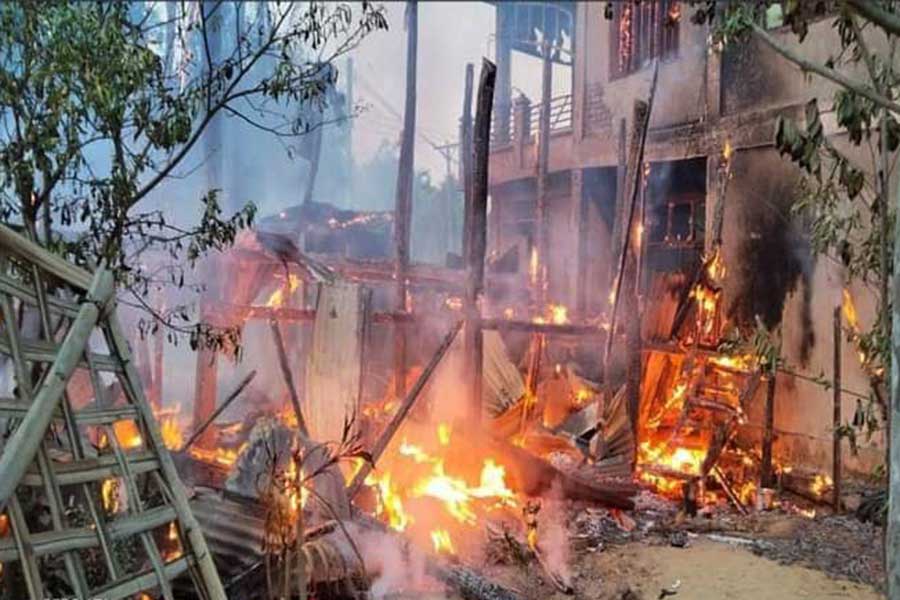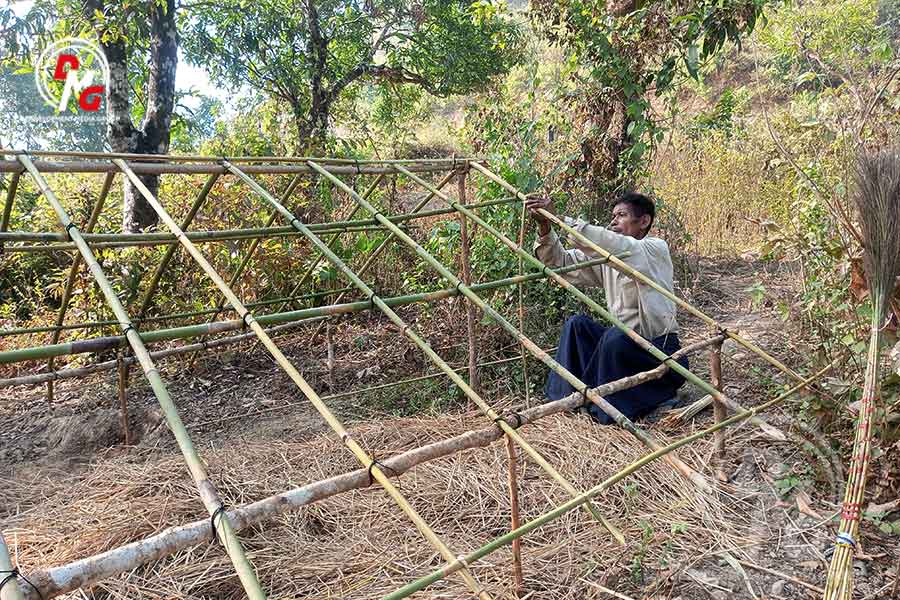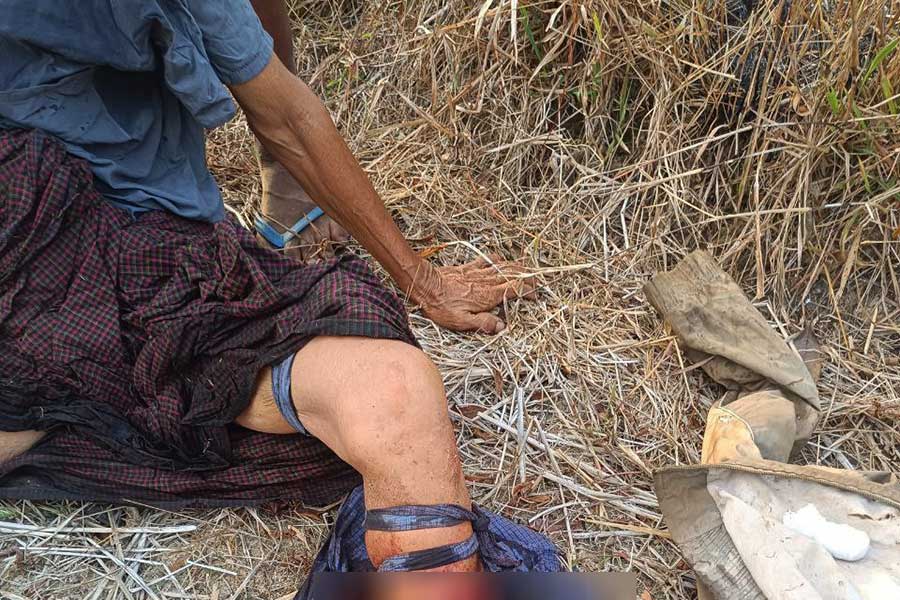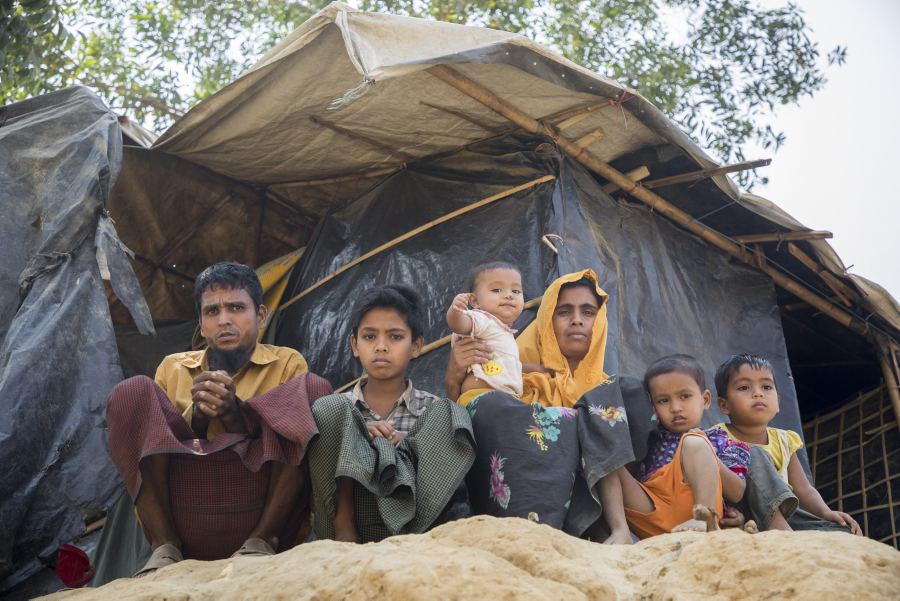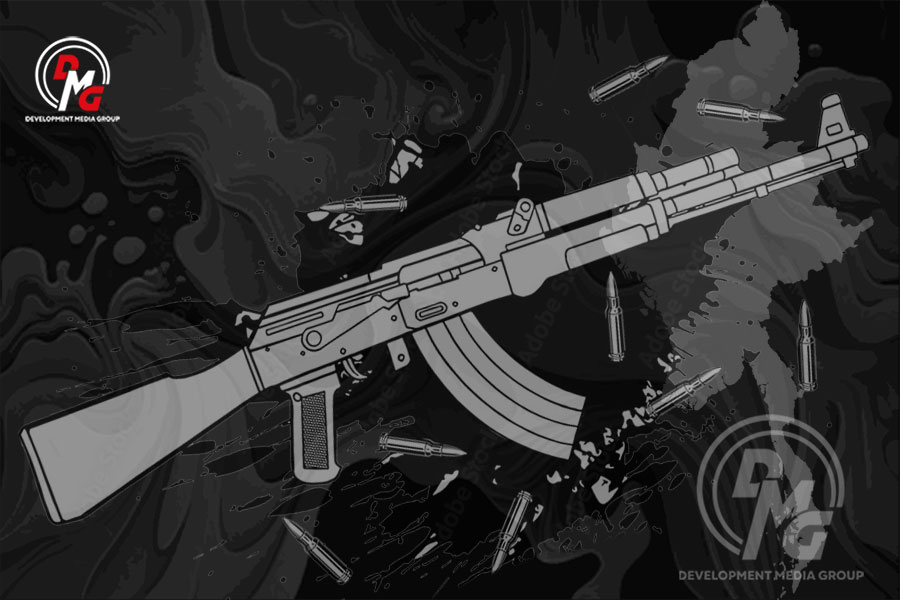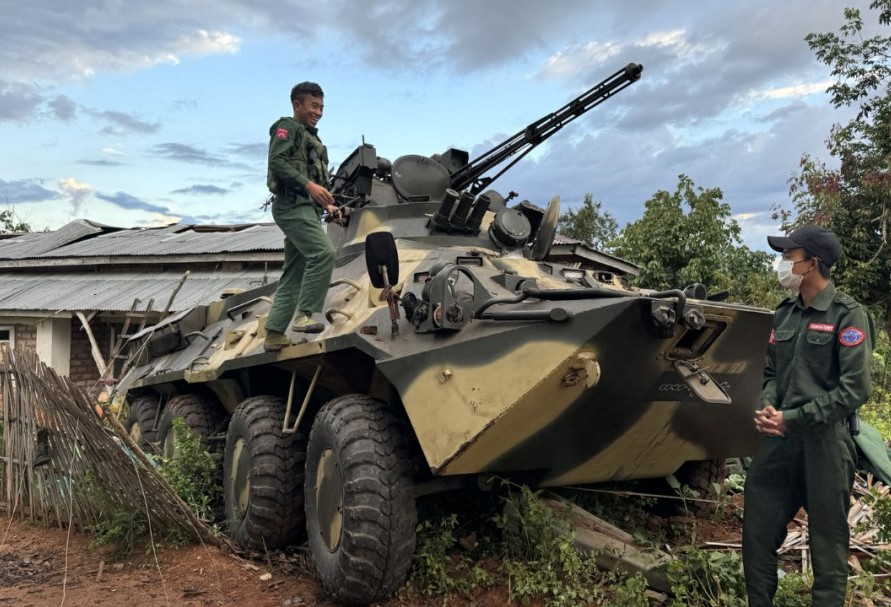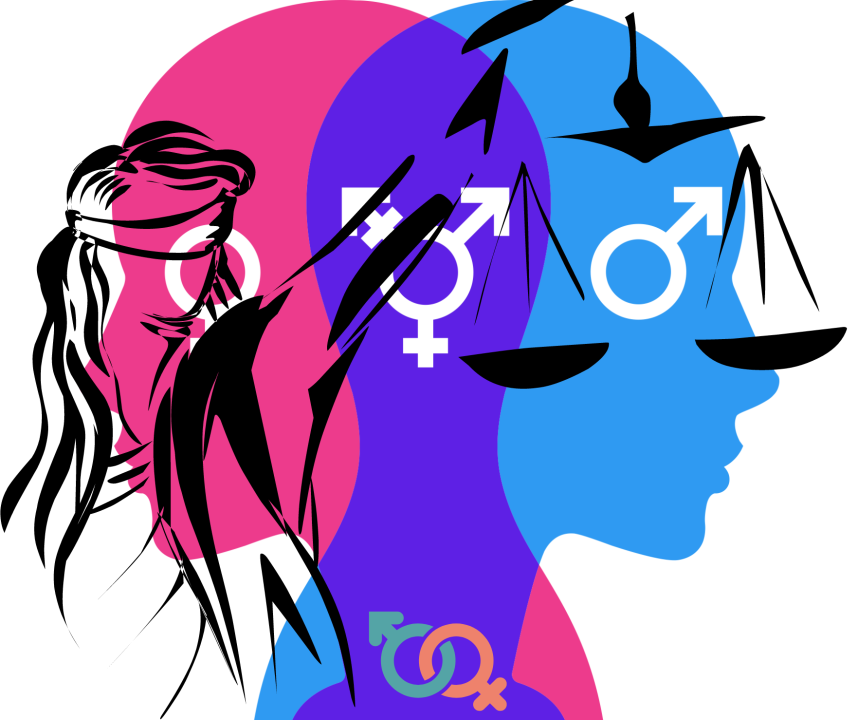- Thousands of houses torched, bulldozed by junta in Buthidaung
- Driver killed, two injured as junta soldiers open fire on bus in Thandwe Twsp
- Regime shelling kills two civilians, injures another in two Arakan State townships
- Septuagenarian loses leg in landmine explosion in Kyaukphyu Twsp
- Muslim communities accuse regime of stoking racial strife
Three youths charged under Peaceful Assembly Law for Human Rights Day event
Three youths who participated in a campaign in the Arakan State capital Sittwe marking International Human Rights Day were charged under Section 19(a) of the Peaceful Assembly Law on December 21.
21 Dec 2020
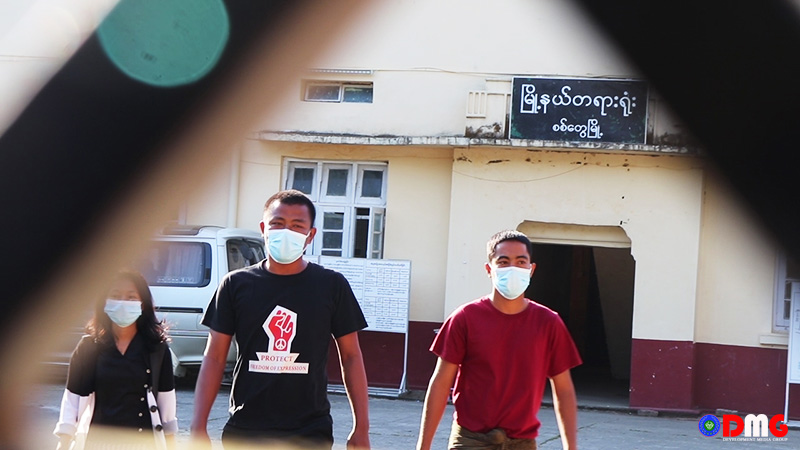
Aung Htein | DMG
21 December 2020, Sittwe
Three youths who participated in a campaign in the Arakan State capital Sittwe marking International Human Rights Day were charged under Section 19(a) of the Peaceful Assembly Law on December 21.
Ko Min Bar Chay aka Ko Than Hla, Ko Naing Naing Tun and Ma Khaing Myat Thu from the Rakhine Youth New Generation Network have been charged by the head of the Sittwe Township police force, the trio said.
More than 30 young people joined the Sittwe event denouncing human rights abuses to mark Human Rights Day, which is observed globally on December 10.
The three now facing charges were arrested near Sittwe Hotel as participants held placards along Shukhintha Street, with the trio released later that night.
Ko Min Bar Chay said he could not understand why the court had decided to charge them over an event commemorating Human Rights Day.
“Our activity did not affect anyone. We did not criticise anyone. We did it to welcome Human Rights Day. We feel sad as we have been charged for our campaign,” he said.
Ma Khaing Myat Thu said: “As a youth and a woman, I feel pretty sad as the government has charged us for waging campaigns rather than acknowledging people who respect human rights.”
The three youths’ next court hearing has been scheduled for December 30.
Under Section 19 of the Peaceful Assembly and Peaceful Procession Law, anyone who is convicted of assembling or demonstrating without applying for a permit in advance faces up to three months in prison, a fine not to exceed K30,000 ($22.50), or both.
The law was enacted in 2011 under the previous U Thein Sein government, and was amended in 2016 under the National League for Democracy (NLD) administration. Critics say the changes have failed to end the criminalisation of peaceful expression and protest.

